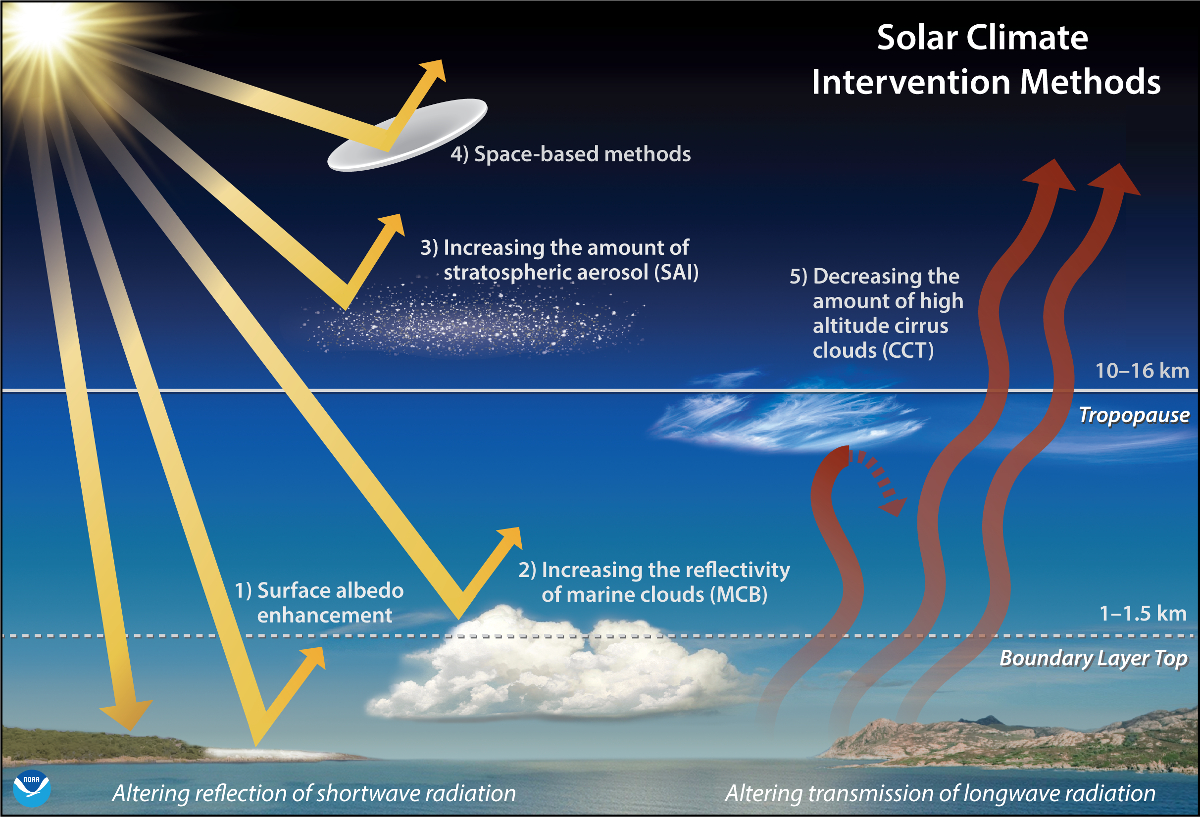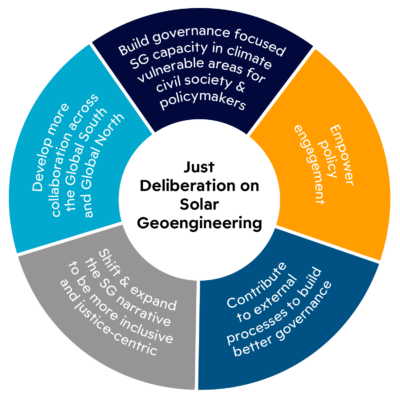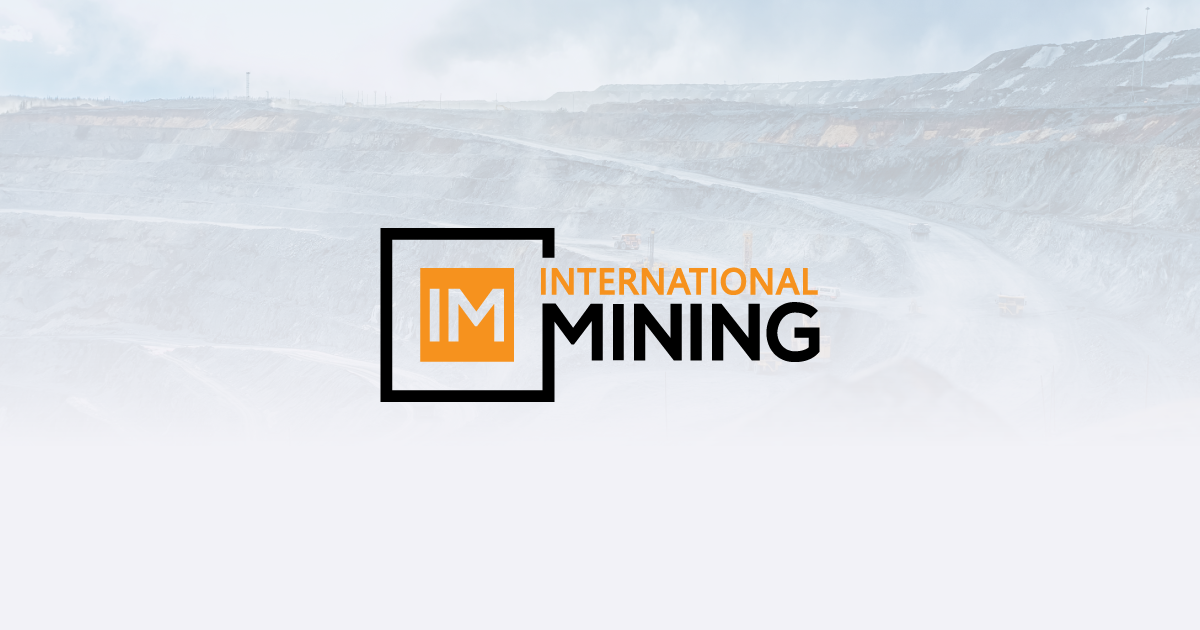
When the US government doesn’t want to talk about something, it releases any news about the topic on a Friday afternoon. That’s when the entire White House press corps has left the building in search of pleasant things to do over the weekend. When the US government really doesn’t want to talk about something, it releases news about the topic on the Friday before a holiday weekend — such as the Fourth of July. That’s exactly what happened last Friday when the White House released a report about geoengineering — the practice of mucking about with the atmosphere to prevent some of the sun’s energy from warming the air and the surface of the Earth.
Less sunlight means lower temperatures, and if people are too shortsighted to demand effective action on global heating, there may be no alternative except to turn to geoengineering, even if no one has any way of knowing with any degree of certainty what the consequences might be. You might consider it a “hold my beer” moment for the Earth and human civilization — a last ditch, Hail Mary strategy designed to keep us from cooking ourselves to death.

Image credit: Chelsea Thompson, NOAA/CIRES
The news last Friday was that the White House has cautiously endorsed the idea of studying how to block sunlight from hitting Earth’s surface as a way to limit global warming in a report mandated by Congress. The message is “We really have no interest in doing this, but Congress is forcing our hand and we have to comply.” The administration was at pains to point out the report does not signal any new policy decisions related to the process of geoengineering.
According to CNBC, the Biden administration is proposing the idea of conducting research into two possible geoengineering strategies:
- Stratospheric aerosol injection — releasing particles of sulfur dioxide or another substance into the upper atmosphere to reflect sunlight away from the Earth. Volcanic eruptions and large plumes of wildfire smoke provide a natural analog for engineered stratospheric aerosol injection.
- Marine cloud brightening — improve the reflectivity of certain clouds by injecting sea salt or through other methods. Ship tracks, which are clouds that form around ship exhaust, demonstrate the theory of marine cloud brightening.
“A program of research into the scientific and societal implications of solar radiation modification (SRM) would enable better-informed decisions about the potential risks and benefits of SRM as a component of climate policy, alongside the foundational elements of greenhouse gas emissions mitigation and adaptation,” the White House report said. “SRM offers the possibility of cooling the planet significantly on a timescale of a few years.” The statement added that “there are no plans underway to establish a comprehensive research program focused on solar radiation modification.”
The report acknowledged there are risks associated with each form of solar radiation modification, because modifying sunlight could alter global weather patterns, disrupt food supplies, and lead to abrupt warming if the practice was widely deployed and then halted. It also wouldn’t address air pollution from fossil fuels or ocean acidification.
The White House emphasized that it was important to compare those uncertainties with the present dangers associated with a hotter planet. “Climate change is already having profound effects on the physical and natural world, and on human well-being, and these effects will only grow as greenhouse gas concentrations increase and warming continues. Understanding these impacts is crucial to enable informed decisions around a possible role for SRM in addressing human hardships associated with climate change.”
E&E News says the fact that the White House weighed in at all on solar experimentation is remarkable in itself. The concept has created divisions among experts, with some saying it could be a last line of defense against runaway warming if nations fail to reduce their greenhouse gas emissions, while others warn that it could result in an atmospheric substance dependency that, if stopped, could lead to abrupt increases in temperatures.

Image courtesy of Alliance for Just Deliberation on Solar Geoengineering
“The fact that this report even exists is probably the most consequential component of this release,” said Shuchi Talati, the executive director of the Alliance for Just Deliberation on Solar Geoengineering, a nonprofit that seeks to include developing countries in the debate over solar modification. “This report also signals that the U.S. government is supportive of well-governed research, including outdoor experimentation, which I think is quite significant.”
The Alliance says, “Solar geoengineering (SG) research is growing in practice and relevance, yet the space remains deeply contentious. Without building pathways for civil society and policymakers in climate vulnerable communities and nations to engage, misinformed and biased narratives will continue to dominate, the legitimacy of research will continue to be challenged, and research outcomes will be under informed.
“While there is wide acknowledgement that input from climate vulnerable communities and nations should be centered in SG deliberation, there is little focus on how to meaningfully do so.”
Geoengineering & The European Union
The White House report was released the same week that European Union leaders opened the door to international discussions of solar radiation modification, which may or may not be a coincidence. It also followed a call by more than 60 leading scientists to increase research on the topic.
Policymakers in the European Union have signaled a willingness to begin international discussions of whether and how humanity could limit heating from the sun. “Guided by the precautionary principle, the EU will support international efforts to assess comprehensively the risks and uncertainties of climate interventions, including solar radiation modification and promote discussions on a potential international framework for its governance, including research related aspects,” the European Parliament and European Council said in a joint communication Wednesday.
There are even national defense considerations involved. What if some other country whose name has five letters and starts with the letter C decides to unilaterally engage in some solar engineering of its own? Studying the issue now could equip future governments with an understanding of the technology and how to respond to any peremptory actions by other state or private actors.

The Takeaway
The pages of CleanTechnica are replete with articles about the dangers of geoengineerng. In our view, the proper way to address the challenge of an overheating planet is to stop burning fossil fuels — immediately, if not sooner. We know how to do it, but lack the political will to make it happen in time to prevent a climate disaster of our own making.
Geoengineering has the same foundational problem as carbon capture, so-called renewable fuels, hydrogen, and any other ideas people have come up with to limit global overheating — it gives the fossil fuel industry the latitude to keep on doing what it has always done, which is to extract every molecule of coal, oil, or methane gas in the entire world and burn it for profit. There would be some poetic justice in geoengineering if fossil fuel companies were required to pay for it, but it would be better to just stop polluting our world with its waste products.
If geoengineering becomes necessary, it will not be a triumph of human engineering, it will be an indictment of a species that lacks the mental capacity to recognize that fouling its own nest is not sustainable.
I don’t like paywalls. You don’t like paywalls. Who likes paywalls? Here at CleanTechnica, we implemented a limited paywall for a while, but it always felt wrong — and it was always tough to decide what we should put behind there. In theory, your most exclusive and best content goes behind a paywall. But then fewer people read it! We just don’t like paywalls, and so we’ve decided to ditch ours. Unfortunately, the media business is still a tough, cut-throat business with tiny margins. It’s a never-ending Olympic challenge to stay above water or even perhaps — gasp — grow. So …




